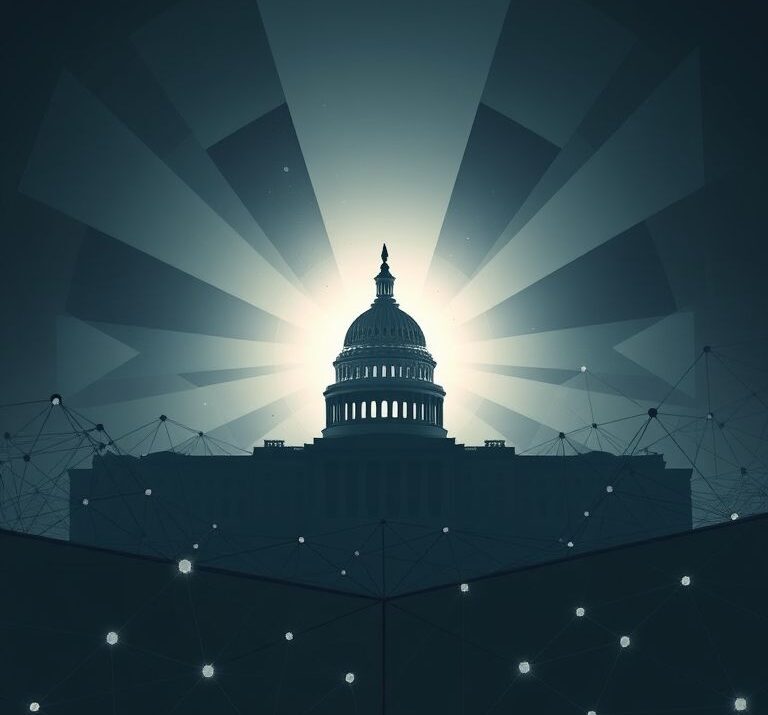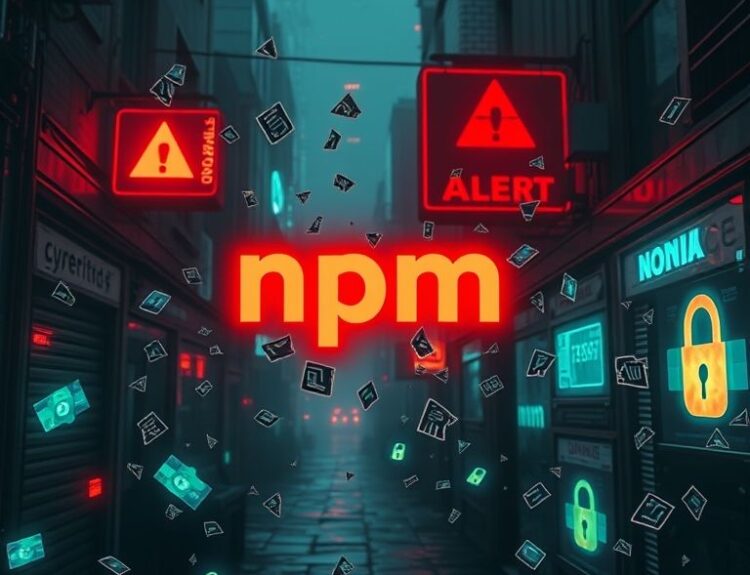Okay, so I just stumbled across a story that really got me thinking, and I wanted to share it with you. The U.S. House Oversight Committee is calling in the big guns – the CEOs of Discord, Twitch, Reddit, and Steam – to testify about online radicalization on October 8th.
Apparently, the committee wants to understand how these platforms are being used, or potentially misused, to spread radical ideologies.
Now, online radicalization is no joke. According to a study by the Institute for Strategic Dialogue (ISD), online spaces can act as echo chambers, amplifying extremist views and normalizing hateful ideologies https://www.isdglobal.org/. This isn’t just about offensive memes; it can lead to real-world violence and harm. We’ve seen this reflected in numerous tragic events across the globe.
The concern, as I see it, isn’t just about the presence of extremist content, but also the algorithms that can inadvertently push vulnerable users towards it. A report by the Anti-Defamation League (ADL) found that algorithm-driven recommendations on some platforms can lead users down rabbit holes of increasingly radical content https://www.adl.org/.
I get that these platforms are massive and moderating content at scale is a huge challenge. However, the potential for harm is too great to ignore. The stakes are high and getting a handle on this issue is critical.
Here are my 5 Takeaways:
- The Pressure is On: This hearing signals that lawmakers are taking online radicalization seriously and want to hold these platforms accountable.
- Algorithms Under Scrutiny: The algorithms used to recommend content are likely to be a major focus of the questioning. Are they unintentionally amplifying harmful content?
- Free Speech vs. Public Safety: This issue walks a tightrope between protecting free speech and ensuring public safety. Finding the right balance won’t be easy.
- Global Implications: What happens in the U.S. often sets a precedent for other countries. This hearing could influence how platforms are regulated globally.
- We All Have a Role: We need to be aware of the potential for radicalization online and be critical of the information we consume.
This is a complex issue with no easy answers. I’ll be following this story closely and will be sure to share more insights as it unfolds. What are your thoughts on this? Let’s chat in the comments.
FAQs
- Why are these specific platforms being called to testify? These platforms have large user bases and have, in the past, been identified as spaces where radicalization can occur.
- What is the House Oversight Committee? It’s a committee in the U.S. House of Representatives that investigates various issues, including government operations and potential misconduct.
- What is “online radicalization”? It’s the process by which individuals adopt extreme political, social, or religious ideals through online interactions and content.
- What kind of extremist content are we talking about? This can include white supremacy, anti-government extremism, religious extremism, and other forms of hate speech.
- What can these platforms do to combat radicalization? They can improve content moderation, refine their algorithms to prevent the spread of extremist content, and work with researchers and experts to better understand the problem.
- Is this a free speech issue? Yes, it’s a complex issue that involves balancing the right to free speech with the need to protect public safety.
- How does algorithm amplification work? Algorithms can recommend content to users based on their past activity, which can lead them down “rabbit holes” of increasingly extreme content.
- What are echo chambers? Echo chambers are online spaces where people are primarily exposed to information and opinions that reinforce their existing beliefs, which can lead to polarization and radicalization.
- Can ordinary users help combat online radicalization? Yes, by being critical of the information they consume, reporting extremist content, and engaging in constructive dialogue.
- What are the potential consequences of this hearing? It could lead to new regulations for online platforms, increased pressure on companies to combat radicalization, and greater public awareness of the issue.






